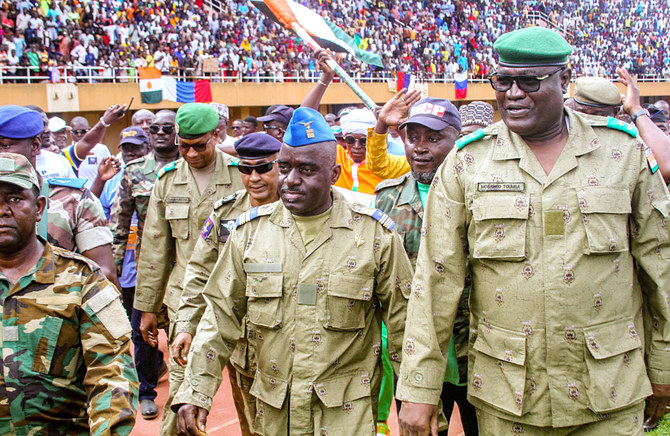The recent military coup in Niger has sent shockwaves through Western counterterrorism efforts in West Africa, specifically in the Sahel region. This coup poses considerable challenges to the Biden administration’s ongoing battle against Islamist militant groups on the African continent, which has been a central focus of American foreign policy.

Coup’s Disruption of Counter-terrorism Efforts in West Africa
Niger’s strategic significance as a centerpiece in the fight against Islamist militants cannot be understated. The Sahel, a semiarid region located south of the Sahara, has been witnessing the rapid advancement of groups affiliated with Al Qaeda and the Islamic State. The Biden administration’s efforts to counter these militants could face setbacks due to the coup in Niger.
Biden Administration’s Challenges in the Sahel
Niger, an impoverished nation of 25 million people that is nearly twice the size of Texas, has recently been the exception to that trend. Terrorist attacks against civilians there decreased by 49 percent this year, largely because of French and U.S. troops’ training and assisting of Nigerien forces there, as well as efforts from the deposed president, analysts say.
Niger’s Unique Situation Amidst Regional Trends
Unlike other nations in the Sahel, Niger has managed to decrease terrorist attacks against civilians by 49 percent this year. This progress has been attributed to the training and assistance provided by French and U.S. troops to Nigerien forces. Additionally, the efforts of the now-deposed president played a role in stabilizing the country.
Potential Threats to Counterterrorism Gains
The gains achieved in Niger’s counterterrorism endeavors could be compromised if the coup leads to regional conflicts or if the new junta decides to expel Western forces, including the 1,100 American troops stationed there. Furthermore, the potential closure of three U.S. drone bases adds another layer of complexity to the situation.
Impact on Western Forces and U.S. Drone Bases
A key concern is the effect on the Western forces deployed in Niger. The presence of these troops has helped in managing emerging threats and curbing militant activities. If Western forces are ordered to leave, it could create a security vacuum, making it challenging to effectively counter new threats.
Emergence of Russian Influence
The coup also opens the door for possible Russian influence through the Wagner private military company. Russian presence in Niger, backed by the Kremlin, could have significant geopolitical implications in the region, further complicating the already delicate security landscape.
Consequences of a Security Vacuum
Should a security vacuum arise due to the coup’s aftermath, it could embolden militant groups to intensify their propaganda efforts, ramp up recruitment, and potentially establish ministates in remote areas. The absence of a strong counterterrorism force could lead to an increase in attacks against Western countries.
Ramped-up Militant Activities and Recruitment
A departure of Western forces would likely be exploited by militant groups to stage attacks and broaden their influence. This could result in an uptick in militant activities, further destabilizing the region and potentially expanding the reach of these groups beyond national borders.
Emergence of Ministates and Western Threats
Without a strong counterterrorism presence, there’s a risk that militant groups might capitalize on the situation to establish ministates in remote and vulnerable areas. These ministates could serve as safe havens for planning and executing attacks against Western countries, posing a direct threat to global security.











